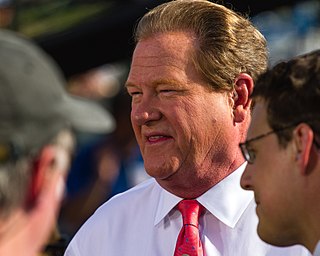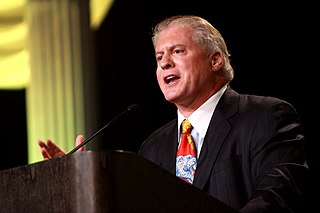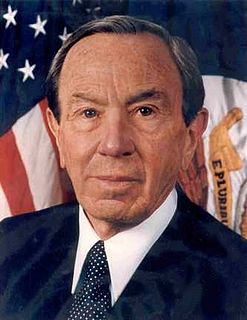A Quote by Ed Schultz
I think the United States has a nasty human-rights record.
Related Quotes
Unfortunately, the United States and a few other governments have used the war on terrorism as a way of violating human rights. I am referring to the case of the Guantánamo Bay prisoners. This violation of the rights of prisoners has been so unbelievable that the United Nations has reminded the United States repeatedly that the treatment of prisoners should take place according to the preestablished conventions of the United Nations.
I think that it's very important to have the United States' engagement in many situations we have around the world, be it in Syria, be it in the African context. The United States represents an important set of values, human rights, values related to freedom, to democracy. And so the foreign policy engagement of the United States is a very important guarantee that those values can be properly pursued.
Abortion is a states' rights issue. Education is a states' right issue. Medicinal marijuana is a states' rights issue. Gay marraige is a states' rights issue. Assisted suicide- like Terri Schiavo- is a states' rights issue. Come to think of it, almost every issue is a states' rights issue. Let's get the federal government out of our lives.
There are degrees of incompatibility, and there are more factors relevant to upholding democracy and human rights than the operation of neoliberal markets. Perhaps this point can be initially made by reference to the decline of democracy and the erosion of human rights within the United States since the 9/11 attacks.
It is a great problem for the true international agenda of human rights that the United States, uniquely among industrialised countries, has not ratified three main instruments, has not ratified the Covenant on Economic, Social and Cultural Rights, or the Convention on the Rights of the Child, or the Convention for the Elimination of Discrimination Against Women, and we could have so much richer a debate and dialogue on international human rights standards if the superpower would sign up to the agenda.
We have not ratified The Convention on the Elimination of all forms of Discrimination Among Women. I think 194 countries have signed onto it, but the United States has not. And CEDAW to the United Nations is what the Equal Rights Amendment or the women's equality amendment is to the United States. I think we should pass the women's equality amendment and a lot of these other fights would go away.
When countries with the worst possible human rights records sit on the UNHRC, seek to deflect attention from their own egregious human rights abuses and attempt to pass judgment on Israel - a country with a vibrant liberal democracy - the credibility of the UNHRC is further undermined, and the United States must not be silent.
I want to stress again that human rights are not peripheral to the foreign policy of the United States. Our pursuit of human rights is part of a broad effort to use our great power and our tremendous influence in the service of creating a better world, a world in which human beings can live in peace, in freedom, and with their basic needs adequately met.

































